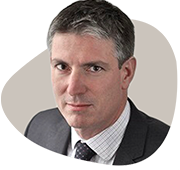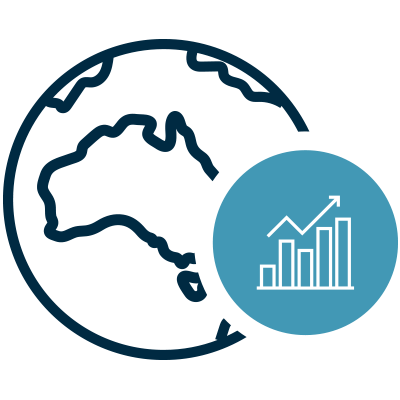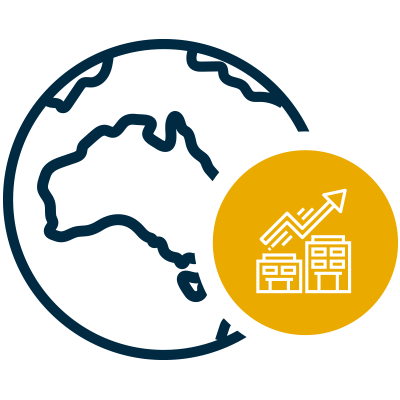SUMMARY
Over the summer, we’ve seen the beginnings of an ‘ESG backlash’. Former BlackRock Sustainable Investing CIO, Tariq Fancy, published an essay calling ESG a ‘dangerous distraction’ from reality, and the SEC are investigating DWS’s sustainability claims after greenwashing concerns. WHEB will publish a white paper on impact investing in listed equities detailing our approach later in the year, but in the meantime, Head of Research, Seb Beloe, considers ‘Is ESG investing a waste of time?’ in this month’s commentary.
The IPCC’s ‘Code Red’ report published last month is sobering reading. The main takeaway is the now-irrefutable link between human activity, global warming and extreme climate events. We all have a role in solving the problem, and that includes investors. Associate Fund Manager, Victoria MacLean, explores what WHEB is doing to engage with portfolio companies over net zero targets and accountability, assesses carbon prices and explains why efficiency is still important.
WHEB has appointed a new member of our independent Investment Advisory Committee. We are delighted to announce that Alice Chapple, Director of Impact Value and authority on sustainable investment, has joined the committee.
Ty Lee, Associate Fund Manager, spoke to The Big Exchange about WHEB’s approach to impact investing and highlights stock examples which are enabling a sustainable recovery from the pandemic.
In case you missed it, here are the video highlights of Ted Franks’ interview with ESG Clarity magazine in their impact edition.

















